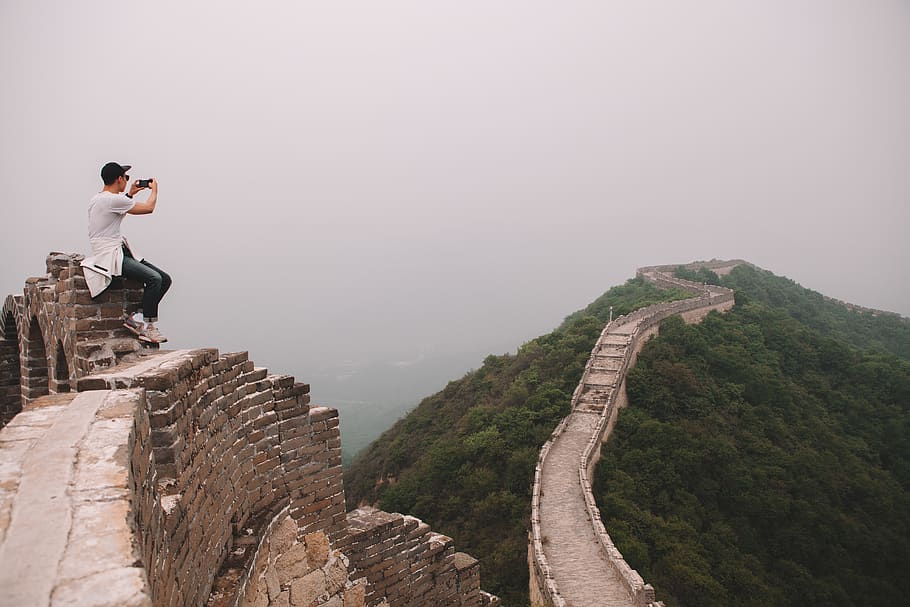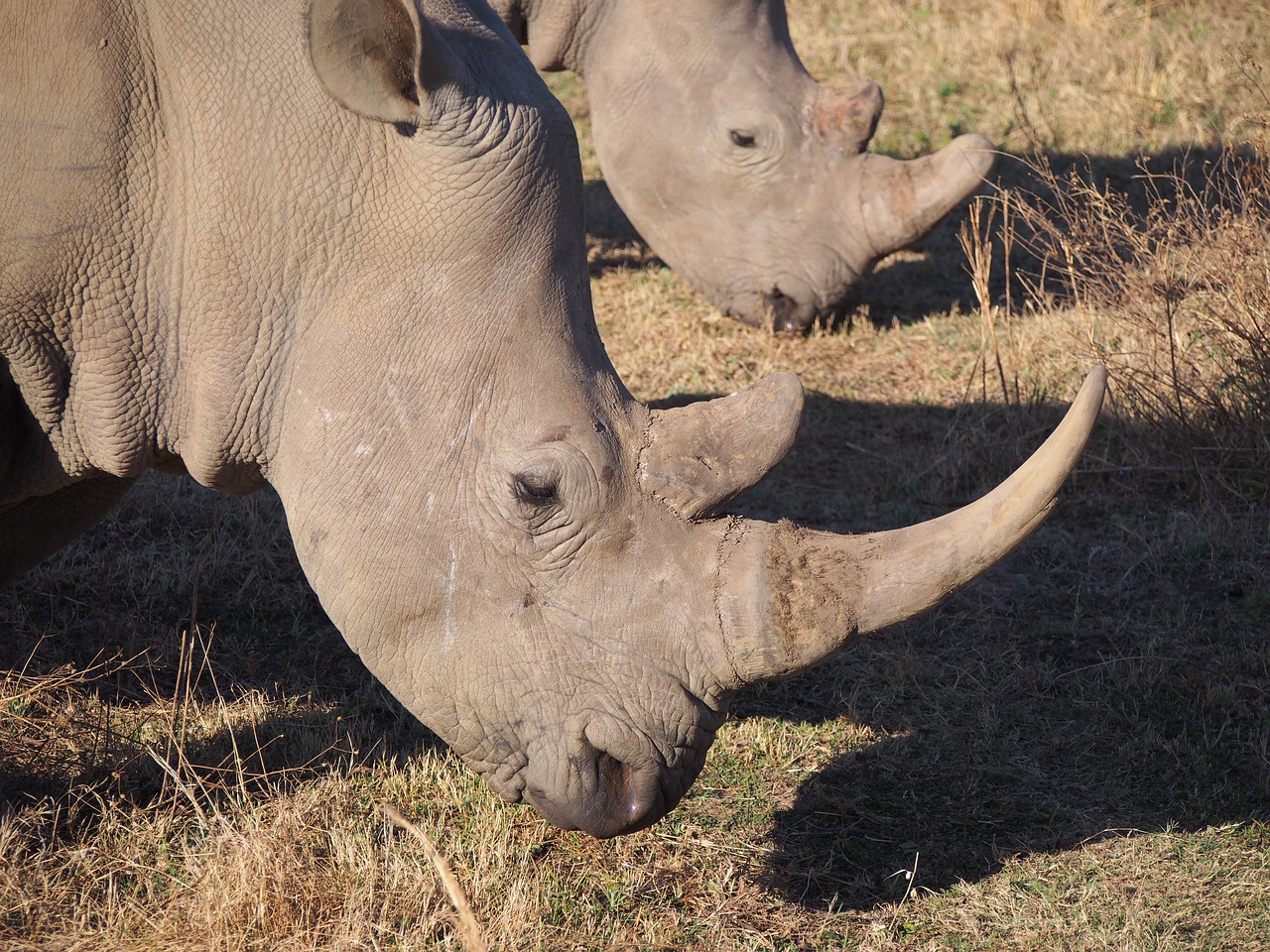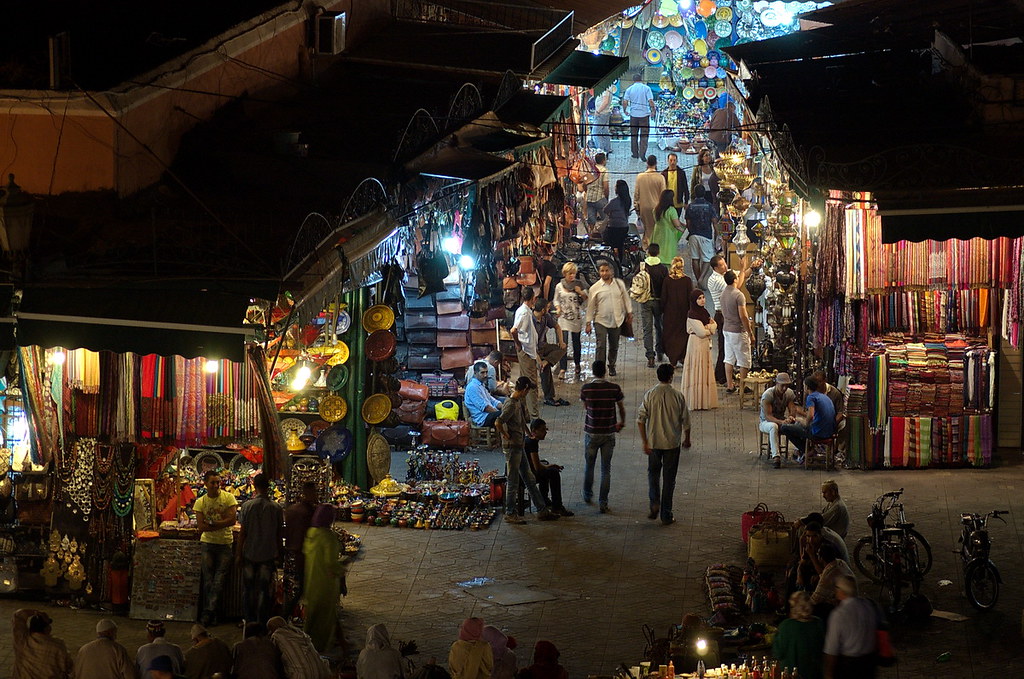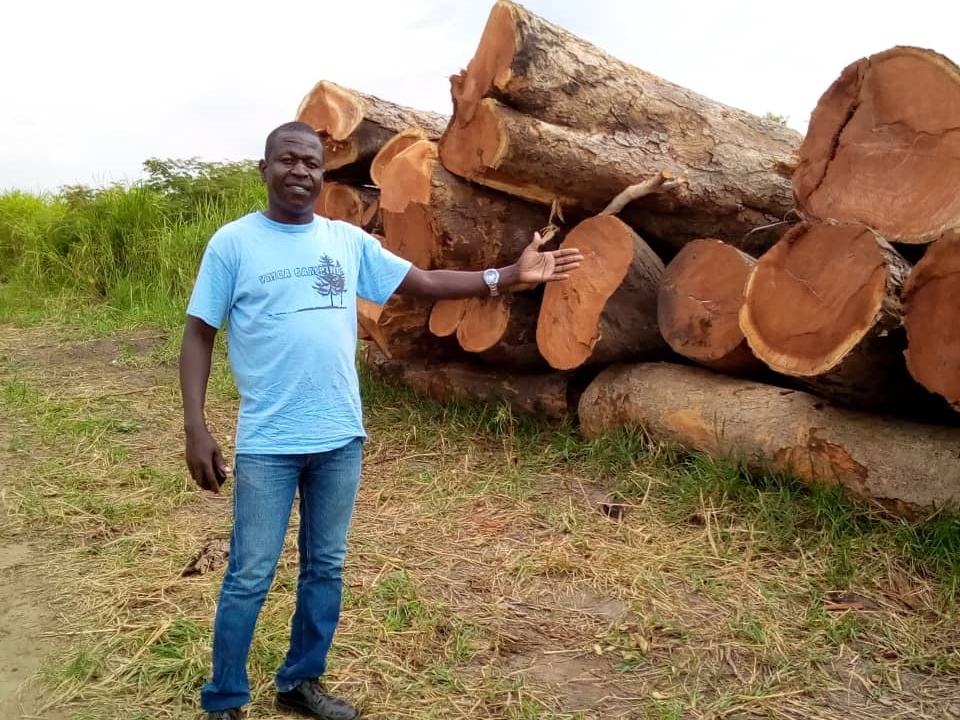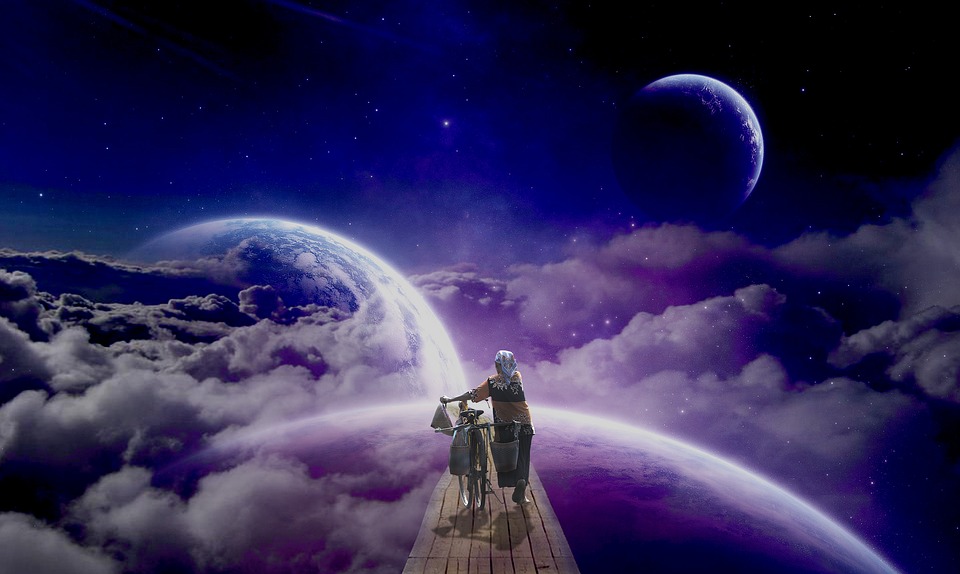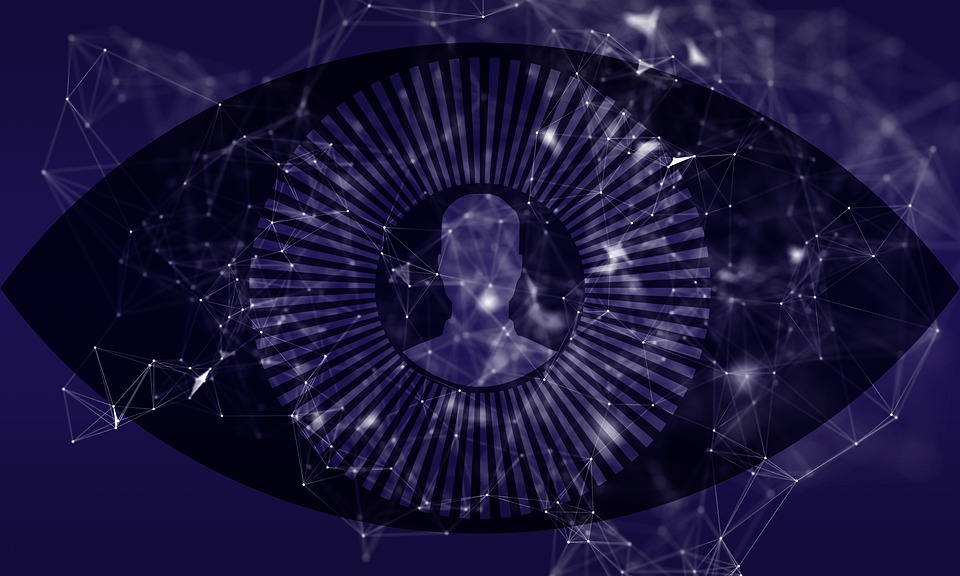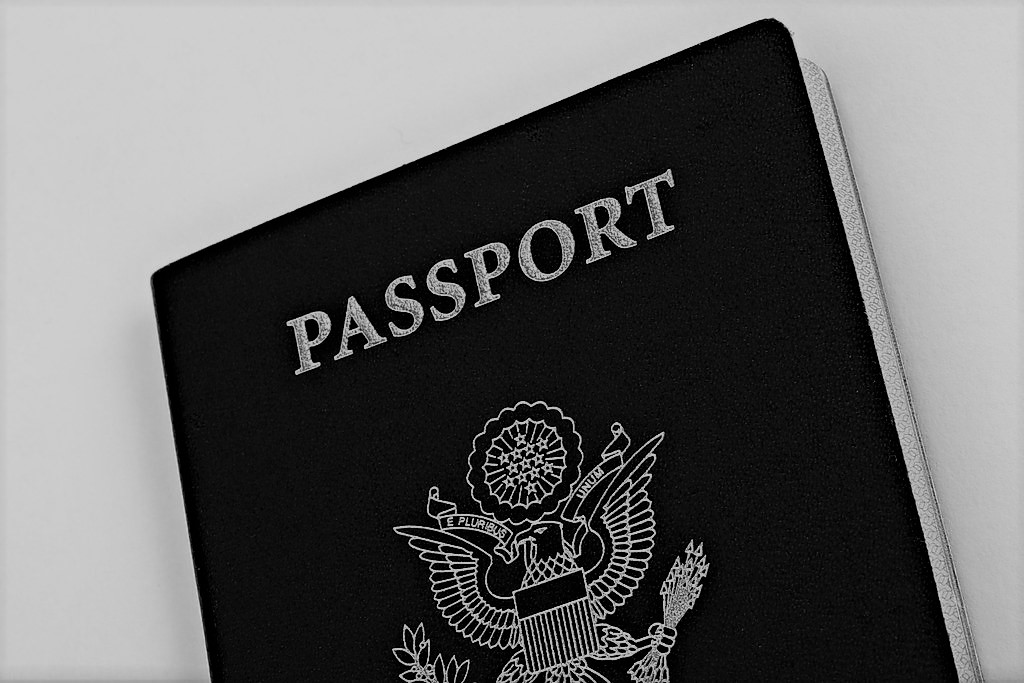More than 50% of UK voters actually voted for a pro-Remain party in last month’s general election. So how was Johnson’s pro-Brexit party able to come away with such an apparently resounding victory? Trump’s victory in the 2016 US elections was equally counter-intuitive if you look at the numbers. Hilary Clinton won the popular vote by nearly 3 million votes – 48% to 46% but Donald Trump is president. The answer lies in the so-called winner-takes-all or First Past the Post voting systems used in both the US and the UK. Increasingly recognised as divisive, out-dated and often undemocratic, this system continues to hold sway, with serious consequences.
In the 2020 US presidential elections, it is predicted that campaigning will be concentrated in just four states – Pennsylvania, Michigan, Wisconsin and Florida. Former campaign manager for Barack Obama, Jim Messina, describes it as ‘the smallest map in modern political history’. It is typical that no more than 12 states are the focus of campaign events in recent US elections. Candidates focus their time, energy and money both before and after voting day on these so-called swing states. This is largely because of the winner-takes-all voting system in operation in 48 US states. In practice, this voting system means that that even if a candidate wins with a very small majority, all electoral votes go to the winner. For example in 2012, Obama won 1.5 million votes in Minnesota while Romney won 1.3 million. However the winner-takes-all approach meant that all ten of Minnesota’s electoral votes for president were cast by Democrats.
Voting is a postcode lottery
Voting systems such as these encourage candidates to ignore states in which they are either well ahead or far behind. The chances of them changing the status quo are small and the pickings are much better in the swing states. The result; in the 2016 election, 94% of general election campaign events took place in the twelve battle ground states.
A similar situation exists in the UK where each constituency has a winner who will represent that constituency in parliament, irrespective of how many actual voters live in this constituency. Hence there are a lot of wasted votes. Thus, despite receiving just 1.2% more of the popular vote, the Conservative party managed a huge swing of 48 seats out of 650, compared to the last election. As a voter, where you live determines what, if any, power your individual vote will have. It also means that ruling parties like the Conservatives or Labour in Britain can get an absolute majority in parliament with approximately 35% of the votes. Local MPs are generally required to tow the party line creating a gap between voters and their representatives in parliament.
What are the alternatives?
There are a number of other options but Proportional Representation (PR) is widely used in many European countries. A version thereof, Alternative Voting (AV) or proportional instant run-off voting, was proposed in the UK, in a 2011 referendum. The AV system ensures that the winning candidate in a constituency has to gain 50% of the votes. Voters put candidates in order of preference. If a candidate receives 50% of first preferences they are elected. If no one has 50% then the bottom candidate is eliminated and their second preference votes are allocated to the other candidates.
Surprisingly perhaps, there was an overwhelming majority against the idea of changing the current voting system. Only 32.1% of Britons voted in favour of it. Critics maintain that this system leads to the election of a least disliked candidate rather than a real favourite. However, defensive voting strategies, often employed in winner-takes-all systems, lead to similar results. Voters vote simply to block the candidate they dislike most.
Going Dutch
When voting in the Netherlands, one is faced with a rather large, initially complicated looking, ballot paper. Candidates from all parties, all over the country, are listed in rank order. Voters thus choose from a single national list of candidates rather than selecting representatives for their local district. You pick a party and then choose an MP from that party – in this way one can vote for a local or a national candidate. Any candidate who receives a certain percentage of the vote wins a seat in the Dutch parliament.
Proportional Representation (PR) results in a wider range of parties in parliament, including smaller ones. Thus coalition governments are common. In the Netherlands it is not uncommon to have as many as four parties forming a coalition government. Supporters of the First Past the Post voting system argue that this leads to unstable governments that lack strong leadership. However, in the four UK national elections since 2010, half have produced hung parliaments where no single party had a majority.
What if?
An academic from Strathclyde University, Heinz Brandenburg, experimented with the recent UK election results using the Dutch PR system. Although some things could not be factored in because of obvious differences between the two countries, he found that with the Dutch voting system, the Conservative party would not have won an outright majority. Smaller parties like the Lib Dems, the Greens and the Brexit party would have done better. As one commentator put it, ’Britain has a multi-party politics trapped in the decrepit body of first past the post.’ A recent report by a British thinktank, the Constitution society, concluded that First Past the Post encourages extreme politics. Increasing polarization of political views in both the US and the UK seem to support this claim.
Launched at the United Nations in 1998, the ACE Electoral Knowledge Network is the world’s largest online repository of electoral knowledge. It shows that the global movement towards democratic governance in the 1980s and 1990s has resulted in a growing awareness of the importance of voting systems as one of the most influential political institutions. They are charged with fostering stable and efficient government, coherent coalitions and strong parties, among others. But perhaps it is the general principles of design that need revisiting in these turbulent times. Principles of fair representation, transparency and inclusiveness.
The Calculus of Consent
Over fifty years ago, two American academics, James Buchanan and Gordon Tullock, wrote a seminal book on democratic theory, The Calculus of Consent: Logical Foundations of Constitutional Democracy. Fusing economic methods and political theory, this groundbreaking work argues that the essential function of democratic institutions is to induce mutual gains by resolving conflicts through exchange. Buchanan calls this ‘politics as exchange’.
It offers a solution to the problem of democratic justification in political theory. It also shows that dissent and the requisite negotiation that leads to what economists would call ‘exchange’, is a healthy thing. Thus leading to more optimal decisions in so far as satisfaction levels of greater numbers of individuals are higher. Calculus of Consent provides convincing theoretical and practical justification for voting systems like Proportional Representation, that take into account the increased number and plurality of views in modern day states. No voting system is perfect but the real question is whether it is an improvement on the current one. Recent rises in populism and polarization in both the US and the UK suggest that it may well be.



